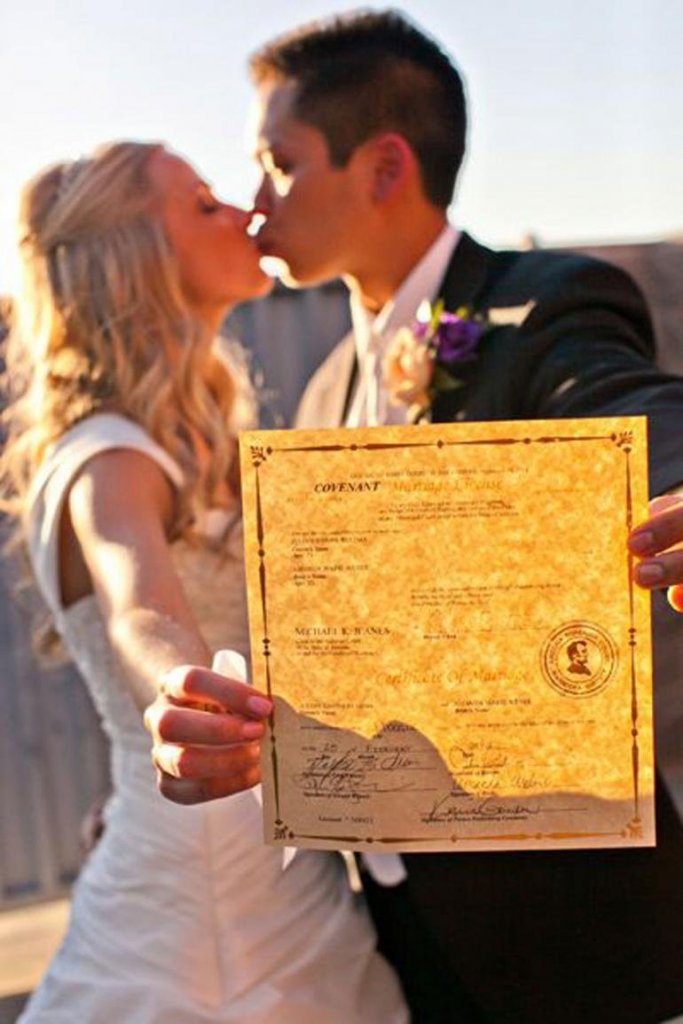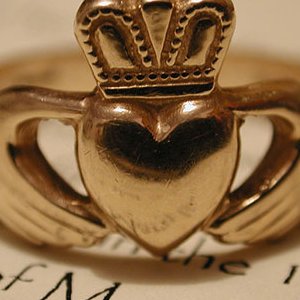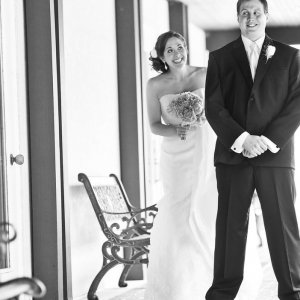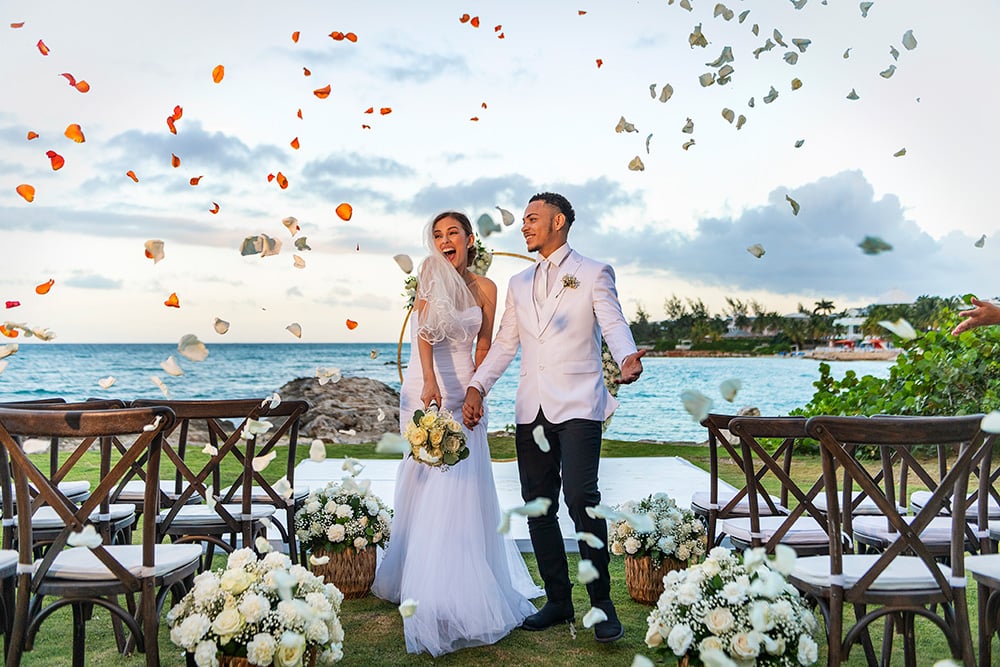Trying to still make it legal during COVID-19 shutdowns? Here's what you need to know.
By: Kristen Klein
Photo: Visionyard Photography
With COVID-19 forcing spring brides and grooms to change their wedding plans, some couples are trying to get creative and carry out their weddings via the Internet. But while it sounds like a good solution to have a just-the-two-of-you ceremony performed via telecommunication (like Skype, Zoom, or FaceTime) with an officiant calling in from another location, experts warn that these ceremonies may not be legally binding.
"The legal issue with virtual weddings is an inability to verify the couple's identity and whether the marriage license is legitimate," says Natasha Anakotta, Outreach & Operations Manager at American Marriage Ministries. "In order to ensure that this is done properly, states require that the officiant be physically present to sign and complete the marriage license along with witnesses – which has to occur promptly after the ceremony."
"It is possible (and likely) that some counties will make exceptions on a case-by-case basis, given the current state of affairs, but couples should not assume that Internet weddings will be considered valid according to their local marriage laws," says Anakotta. "Because there is no clear precedent for this, couples are strongly urged to first seek the counsel of a legal expert."
Update: On April 18, New York Governor Andrew Cuomo signed an executive order making it legal to carry out your wedding ceremony via video conference, and we expect others to follow suit. Be sure to check with your state for the latest updates.
If you already have your marriage license...
It may be possible to have your officiant perform a quick in-person ceremony while still respecting social distancing guidelines. Lori Prashker-Thomas, an officiant based out of Kingston, Pennsylvania, is offering couples a "Make it Legal" service; she joins the couple in person for a one- to two-minute ceremony, where she simply has both parties verbally state they are not doing this under duress, and they can exchange rings. She then signs the marriage license and sends it to the appropriate office.
Antonia Santiago, an officiant based out of New York City, New York, utilizes Zoom and FaceTime to help couples review their marriage licenses, check their IDs, and walk through how to sign their licenses so that when they do meet up, the couple is able to complete their portion while she maintains a safe distance. She will not perform ceremonies with multiple guests present and will only meet outdoors, while wearing a face mask and gloves.
"I am asking for complete transparency from my clients," says Santiago. "As we are all aware, the coronavirus has no face."
If you're trying to make it official now due to the expiration date on your marriage license, check with your Local Registrar. If the office is currently closed, many have posted statements on their websites that they will re-issue your license at no additional cost when they re-open. No information listed? Send an email or leave a message via phone to find out their policy.
If you don't have your marriage license yet...
Call the office to see if they are still open and accepting marriage applications; many have already shut down. Keep in mind that most states require a waiting period before you can obtain the license, so even if you're able to start the process, the office could close before you're able to pick up. Some states may be accepting online applications as well.
If you're anxious to still exchange vows on your original date — maybe you have an elderly family member who you can't imagine getting married without, or the date you chose has special meaning — go ahead and carry out your ceremony via telecommunication, then worry about making it legal once the pandemic is more under control and the offices can reopen. Bonus: You'll have two special anniversaries to celebrate!








